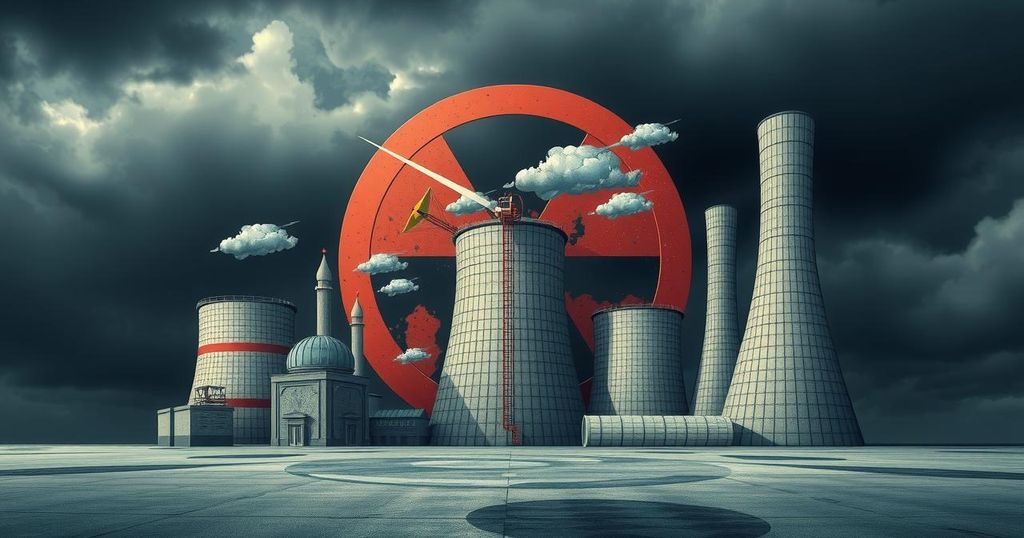Iran’s Vice President Mohammad Javad Zarif accused Israel of “nuclear terrorism” for allegedly rigging the Natanz uranium site with explosives, which damaged thousands of centrifuges. He attributed this vulnerability to sanctions that forced Iran to depend on intermediaries. Zarif linked this incident to past attacks, emphasizing the broader implications of geopolitical tensions.
On a recent episode of Hozour, Iranian Vice President Mohammad Javad Zarif accused Israel of committing “nuclear terrorism” by allegedly rigging the Natanz uranium enrichment site with explosives. This accusation pertains to an April 2021 incident in which an underground power substation sustained damage, subsequently harming “thousands of centrifuges.” It was reported that an explosive device was smuggled into the facility and detonated remotely, though Iranian sources claimed that the incident was not an “external attack,” indicating an internal betrayal.
The context of the claims revolves around heightened tensions regarding Iran’s nuclear program and Israel’s purported efforts to sabotage it. Previous incidents, particularly the notable Stuxnet attack that targeted Iran’s nuclear facilities, exemplify such conflict. Zarif’s remarks specifically reference how sanctions have hindered Iran’s technological procurement, increasing the risk of infiltration by foreign entities like the Israeli intelligence agency, Mossad.
In summary, the Iranian Vice President’s allegations against Israel highlight ongoing geopolitical tensions and the implications of sanctions on national security. They underscore concerns about nuclear safety and sabotage as nations navigate complex international relations. Iran’s acknowledgment of such incidents sheds light on the broader anxieties surrounding nuclear technology and espionage.
Original Source: www.jpost.com






